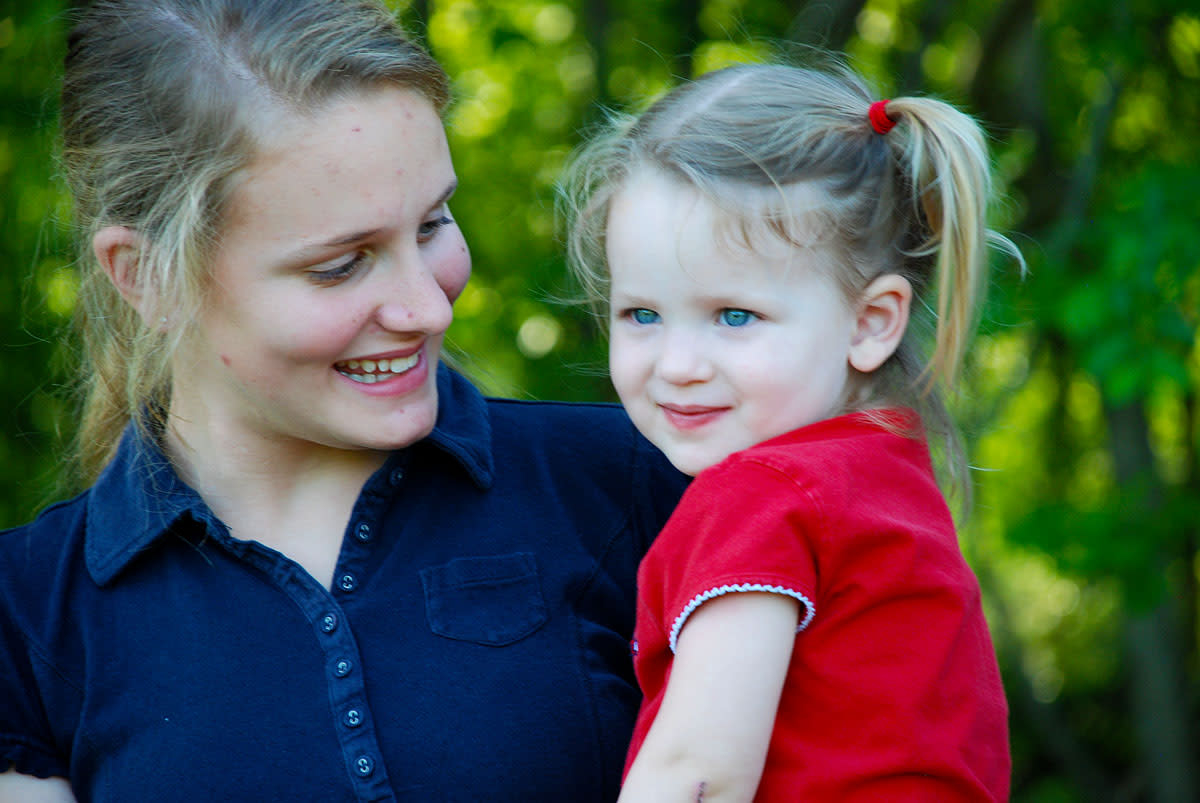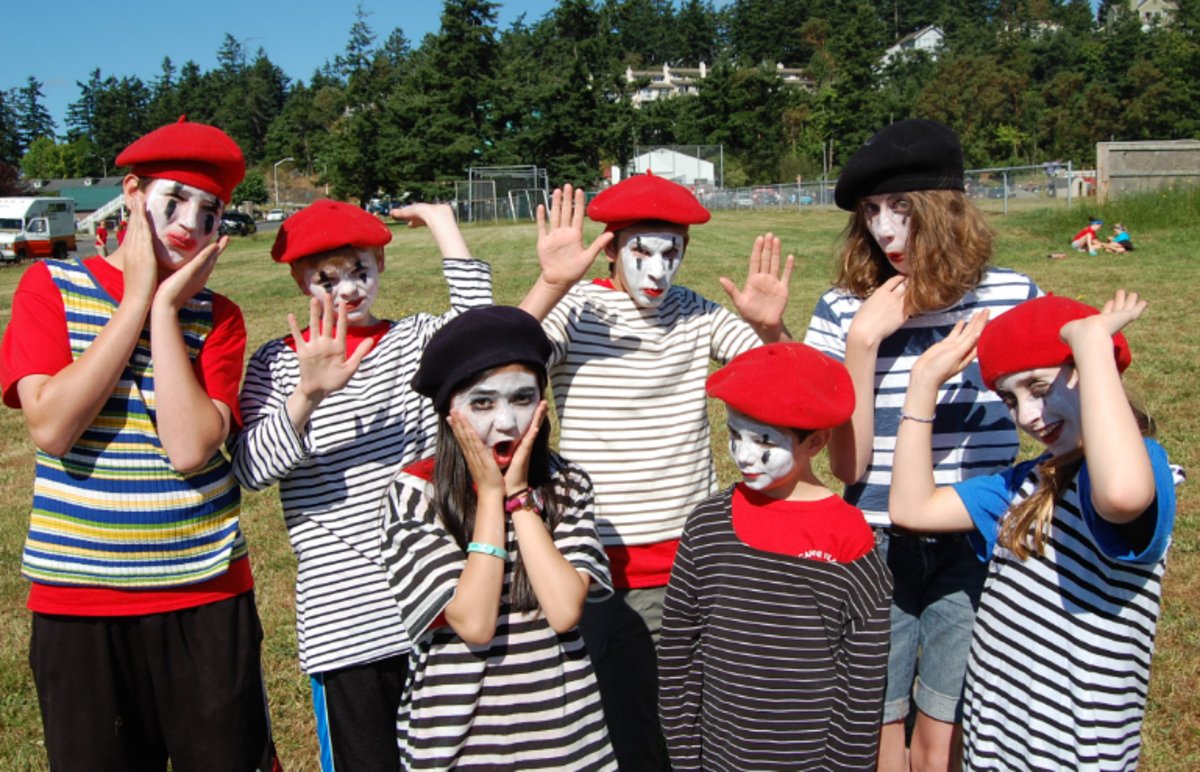Why Children With Siblings Are More Likely To Be School Bullies

The Influence of Siblings in Bullying Behavior
Having siblings undoubtedly increase the likelihood of competition for parental attention physically, emotionally, and financially. Children with siblings often indulge in upmanship and other manipulative behaviors among each other to get parental attention. Furthermore the more siblings a child has, the more prevalent sibling rivarlry and infighting occurs.
In multichild families, children bullying each other is rife. There are studies authenticating and substantiating that siblings frequently bully each other. This is a natural occurrence because in multichild families there is often competition for parental resources. Children with siblings are often more competitive as they must constantly be in survival mode. Children in multichild families are fiercely territorial and are acutely aware of their own personal space within the family social dynamics.
Now you ask what is the correlation of having siblings to being a bully. Well, children with siblings often have to compete with each other for the attention of their parents. Children in multichild families oftentimes view another sibling as an adversary regarding obtaining parental attention. Children in multichild families must share their parents resources whether it is physical, financial, and/or emotional. Children in multichild families do not have the luxury to spend individualized time with their parents as only children do.
In multichild families, because of the proximity of sharing the same familial environment, children engage in verbal and sometimes physical banter with each other. Sometimes this goes to the extreme where siblings bully each other to ascertain who is the more dominant one and worthier of parental attention. Studies show that oldest and/or middle children are more likely to bully their siblings because they believe that might makes right. Furthermore, many oldest and middle children use power play in relationship to their siblings.
Oldest children because of their ordinal position and their physical size can easily dominate and manipulate their younger siblings. Oftentimes, oldest children, especially in medium large to very large families, are often ignored and overlooked by their parents in favor of their younger siblings. This often leads to resentment and jealous on the part of the oldest child towards his/her younger siblings.
Many oldest children take out their frustrations in this regard on their younger siblings whom they perceive is the problem. Furthermore, since the average oldest child is often punished more harshly for the same infractions that a younger sibling gets away with, this breeds more resentment which results in the younger sibling becoming the object of bullying by the older sibling. Oldest children believe in asserting their power with their younger siblings. This behavior can range from mild dominance to outright bullying. Studies further authenticate that it is de rigeur for older siblings to bully younger ones.
Middle children are also more likely to become bullies because they are constantly fighting for parental attention as well as their older and younger siblings. Middle children often have no individualized identity of their own and is always known as the other sibling. The average middle child in families are often lost in the crowd and are nonentities. This results in middle children become more assertive and aggressive in their identities in order to become more visible.
Youngest children are not alien to the art of bullying their siblings. They often bully their older siblings by being mentally and psychologically manipulative. Youngest children are very adept at using the art of emotional blackmail to get older siblings to do their bidding. For instance, a youngest sibling can routinely threaten to tell his/her parents on an older siblings in order to get his/her needs met. Youngest children are master at the art of gamesmanship.
Yes, children who have siblings are more manipulative and cunning towards their peers because of their familial environment. Siblings are often two-faced and conniving towards each other in order to gain parental favor. Children with siblings are more likely to routinely use their friends, classmates, and schoolmates because this is what they have learned in their familial environment.
In the sibling environment, children learn how to barter and play mind games to see who will either win or lose. The familial pecking order of being alpha and/or beta begins with siblingship. The sibling environment is a breeding ground for bullies because siblings are often in close proximity to each other and oftentimes the relationship can be negative. From siblings, children learn the art of upmanship and how to be the good sibling in order to curry parental favor. In multichild families, there is also intense competition which results in either verbal, emotional, and/or physical bullying. Children often repeat the behaviors which is in their familial enviroment and transfer those behaviors to the classroom and beyond.
© 2011 Grace Marguerite Williams








